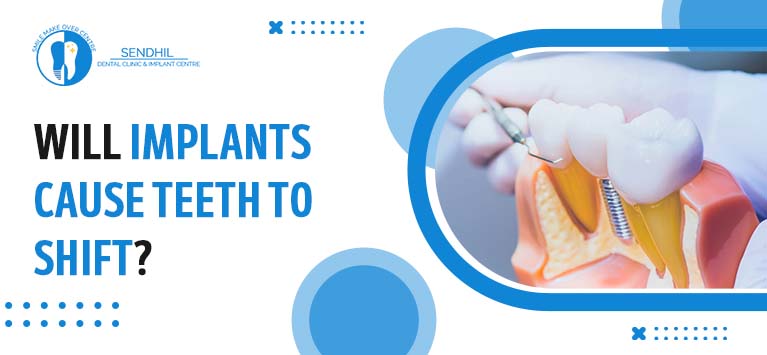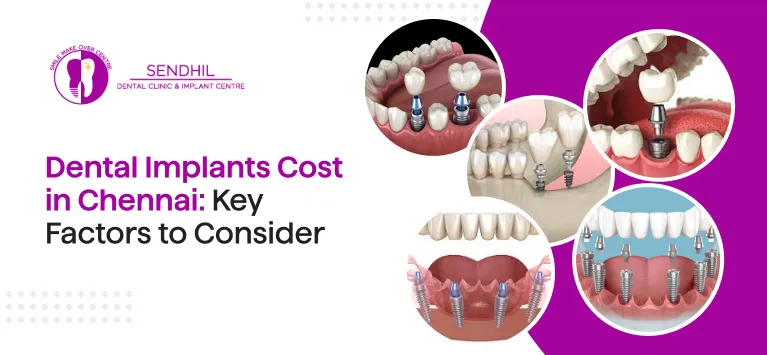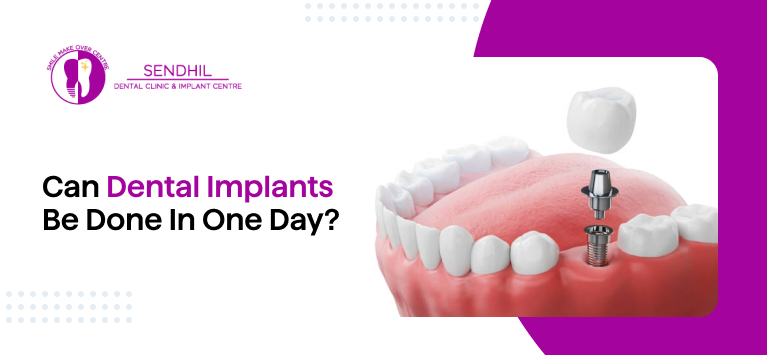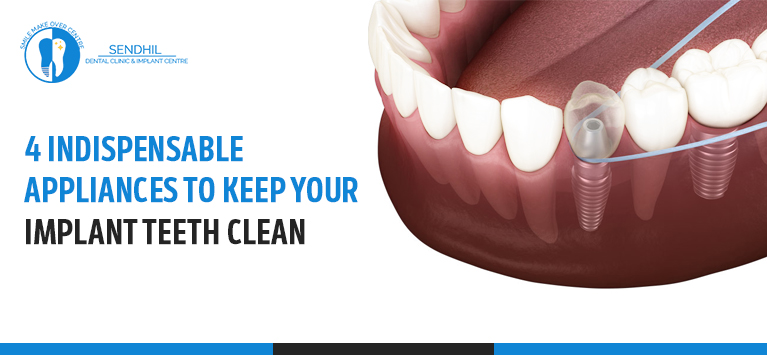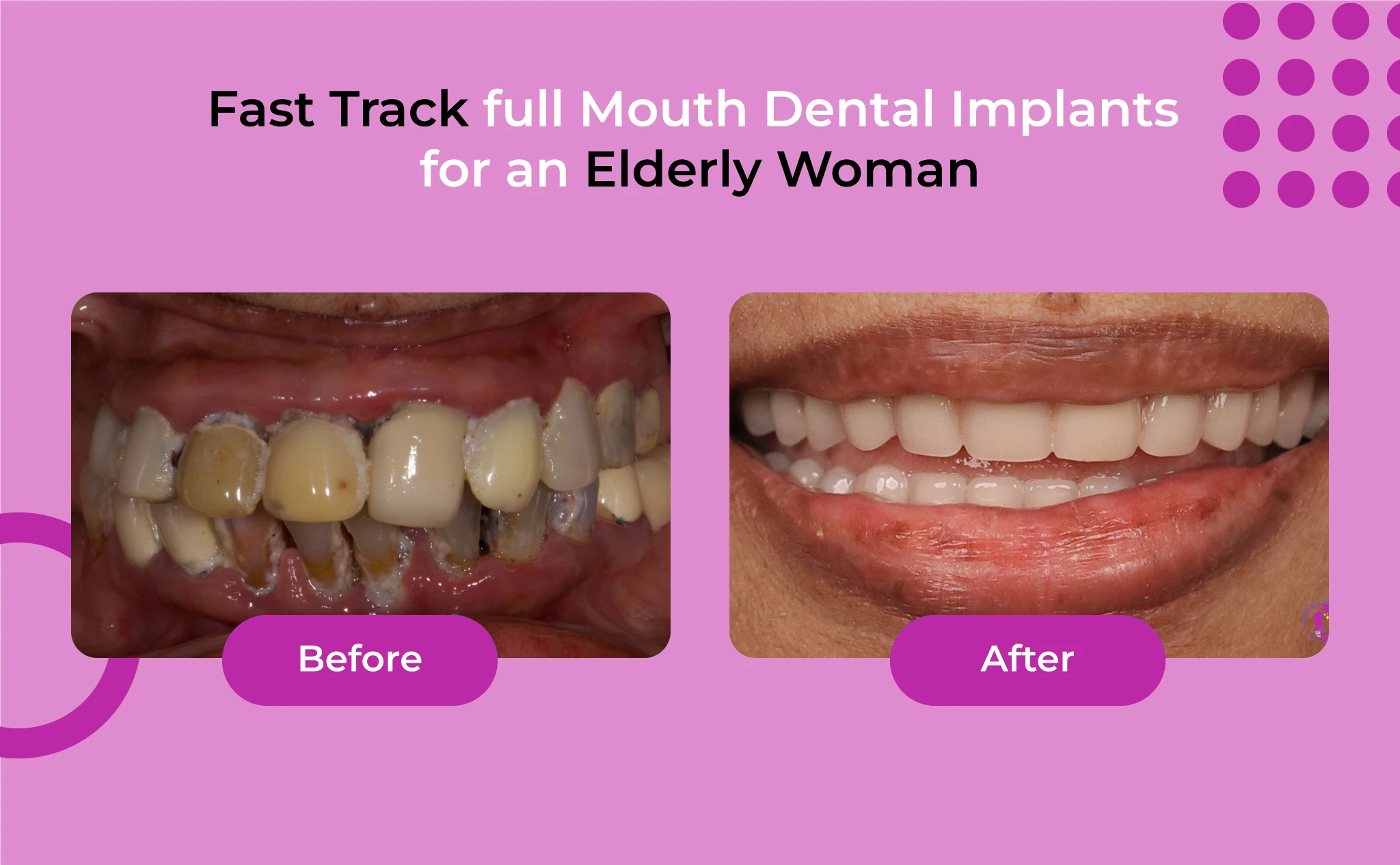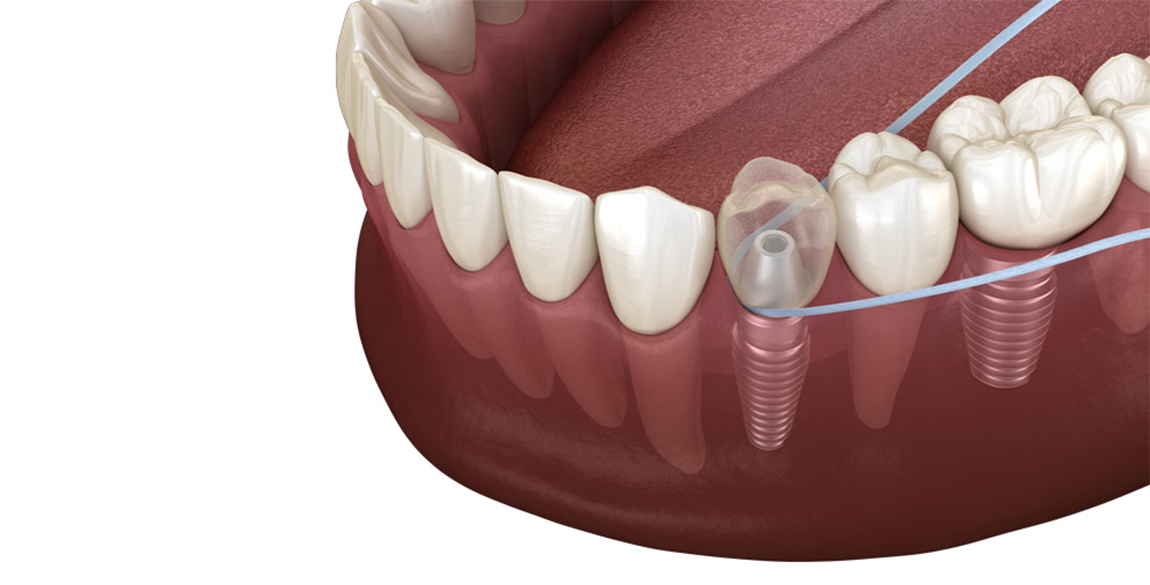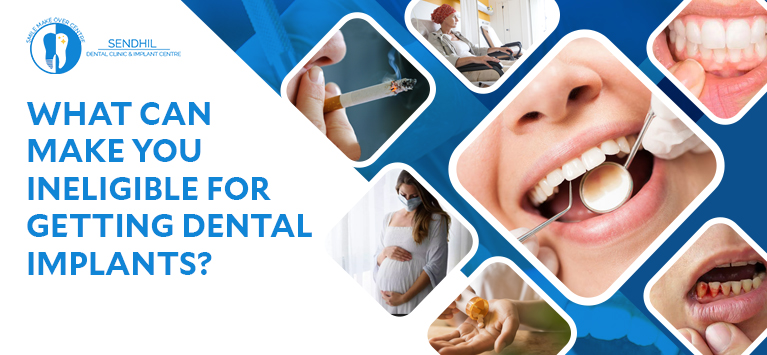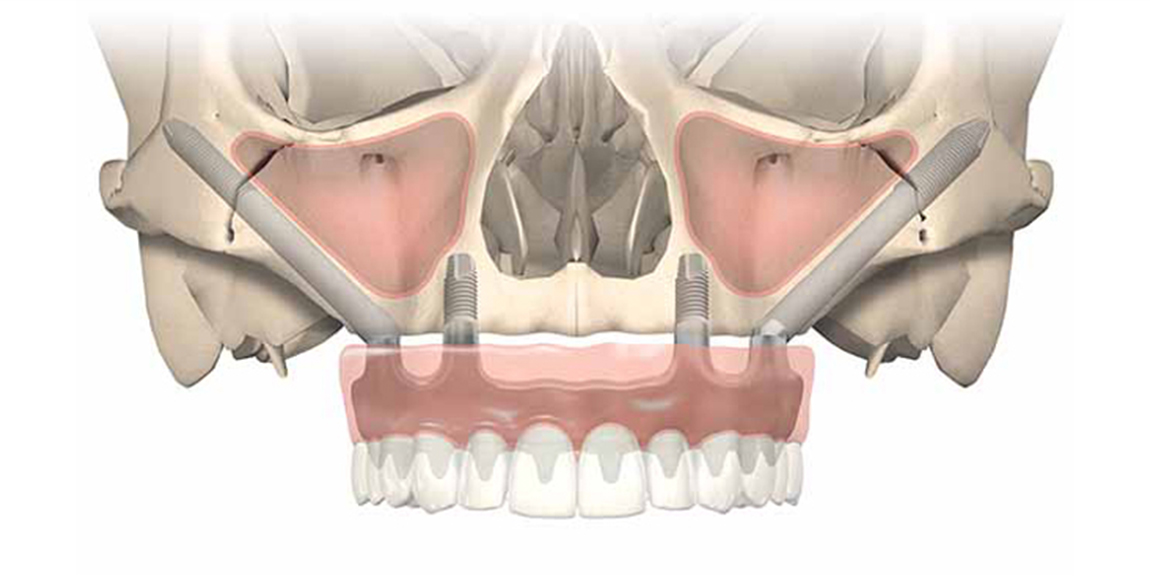Tips to reduce tooth implant pain

Dental implants are the expensive missing teeth replacement solution because it needs surgery to fix the teeth. When compared to other restorative approaches like dental crowns, dentures, the implant teeth assure the higher success rates and bring back the natural look as well as the performance.
The healing period after implant surgery is the vital factor determining the success of your implant. A new bone around the implant fixed in the jaw develops during the healing period. The healing duration persists for months and varies with the complexity of the procedure.
Mild aches and little discomforts are common during that healing or recovery period. Implant surgeons suggest various pain control measures in the healing period. We have listed them here.
1) Take complete rest and refrain from difficult activities

Fixing dental implants need 2 to 3 days for initial recovery. When we perform any strenuous or hard actions, it will increase the blood pressure and heart rate. Such increased blood pressure because of physical activities during the initial recovery period may dislodge the blood clots formed in the implant site.
Our Implantologist advise people not to talk excessively or move the jaw bone much on the day of treatment after fixing implant teeth.
2) Take medicines and painkillers

You will encounter sufferings like pain, bleeding, swelling in the initial recovery period. Dentists prescribe medications to get rid of such aches. You should take those prescriptions with the recommended dosage for the first 48 hours.
If you are prescribed antibiotics, don’t take just for 2 days. Take it up to the whole course.
3) Cold Compress

Cold Compress is a clinically recognized home remedy for various oral problems. It is powerful to reduce pain in a tooth and swelling.
Take an ice compress bag or wrap some ice cubes with a gauze or a frozen bag of food. Applying it over the mouth on the implant fixed region will numb the throbbing tissues there and reduces pain.
Don’t place the ice bag for a long time. Keep the cold compress bag for 20 minutes and remove it for 20 minutes. Then again apply it for 20 minutes. Repeat like this for every 20 minutes alternatively.
4) Soak your mouth with lukewarm water and baking soda solution

You know mouth rinsing with a saltwater solution. This is similar to that remedy but has to soak for a few minutes instead of swishing.
Take a cup of warm water. Add a teaspoon of baking soda and stir it well. Pour it into your mouth and leave for a few minutes. It removes the microorganisms that induce pain and takes care of minimizing pain in the implant fixed teeth.
5) Abandon the habit of smoking

Smoking is harmful to the dental implants and their site more than the natural teeth.
Whether it is smoking or chewing tobacco, consuming any form of tobacco after getting implants is a prime reason for implant failure. The toxic particles in tobacco will annoy the injured gum tissues in the implant site and delay the healing process. It prevents the growth of gums around the implant posts.
6) Switch to soft foods

Adjusting your diet is also indispensable for faster recovery and pain reduction in the implants. Don’t take hard and chewing foods like chewing gums, hard candy during the recovery period. It is because the frequent chewing and the excess of pressure put on the implants weak the anchor support.
Important things you should follow in your diet after fixing implants include:
- Take soft food items
- Consume foods rich in healing nutrients
- Avoid caffeine products
- Don’t use the straw
- Avoid food and drinks at excessively hot temperatures
Besides the food you take and your daily activities, your oral hygiene routine also renders support in getting successful implants. You can brush and floss your teeth as usual after the implant treatment but in a smooth manner. We are saying this because vigorous brushing and using mouthwashes can disrupt the stitches and can delay the healing process.
The tips we have given here are not just to reduce dental implant pain but they are potent to assuring the fixed implant’s success.



